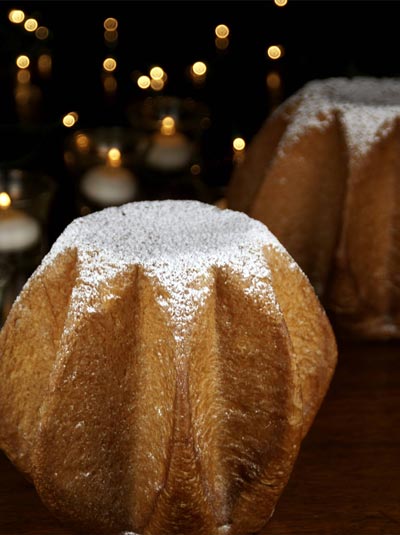In the past I have recommended (OK, scolded, ranted, pleaded) that you weigh your baking ingredients. Are you doing that?
Do you have a kitchen scale that gets a workout every time you bake? Yay!
Are you using that scale to weigh all of your ingredients? Not so fast.
Most kitchen scales have a resolution of one or two grams. That means that if you need to measure in small amounts, which is common for things like yeast and salt, it is very difficult to be accurate.
If you needed, say, 2 grams of instant yeast, and you tried to measure that on your 1-gram-resolution scale, you could wind up with anything from 1.5 to 2.5 grams. That’s a 25% margin of error, even assuming the scale is perfectly calibrated. If you’re weighing only one gram, the margin of error goes up to 50%, and if you need less than a gram, you might as well just let lemurs weigh it out for you.
 Being the conscientious baker (ok, the phrase “compulsive geek” could come to mind) that I am, this is not okay with me. (Maybe it’s okay with you, and I’m okay with it being okay with you, but it’s still not okay with me. Okay?)
Being the conscientious baker (ok, the phrase “compulsive geek” could come to mind) that I am, this is not okay with me. (Maybe it’s okay with you, and I’m okay with it being okay with you, but it’s still not okay with me. Okay?)
I’m really liking this new Admetior spoon scale. It’s fairly inexpensive, compact, and spot-on accurate, as corroborated by my earlier MyWeigh Axe, which I also like but is a little pricier. Both have 0.1-gram resolutions and can handle up to 300 grams.
Until you can get your hands on one of these little gems, I suggest using good old-fashioned measuring spoons in most cases where you need 10 grams or less. Here are some conversions for ingredients commonly called for in small amounts:
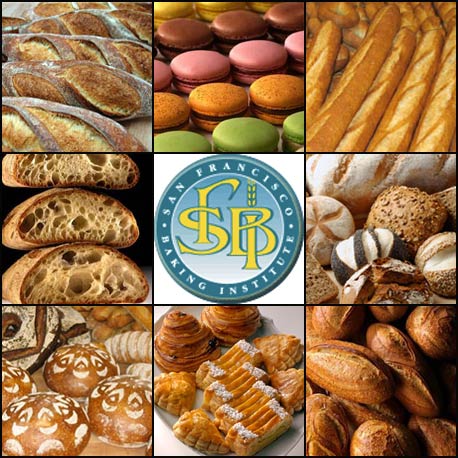
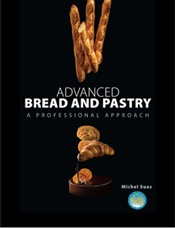
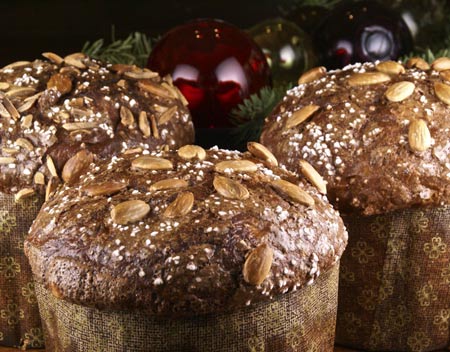
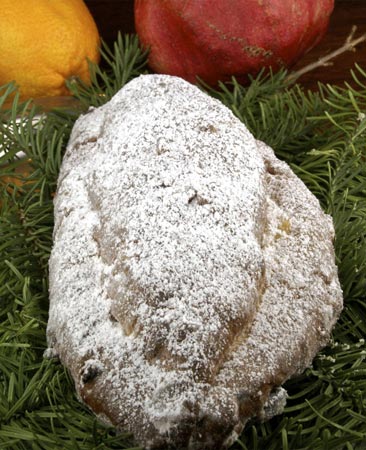
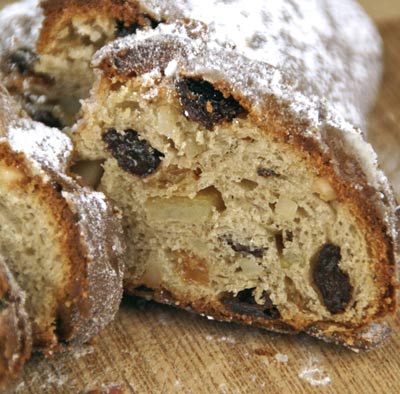
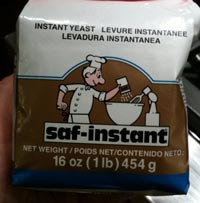 Especially during the holiday season when sweet breads abound, you may run across recipes that call for osmotolerant yeast (also called SAF Gold, as it comes in a gold-colored package; SAF is the brand.)
Especially during the holiday season when sweet breads abound, you may run across recipes that call for osmotolerant yeast (also called SAF Gold, as it comes in a gold-colored package; SAF is the brand.)